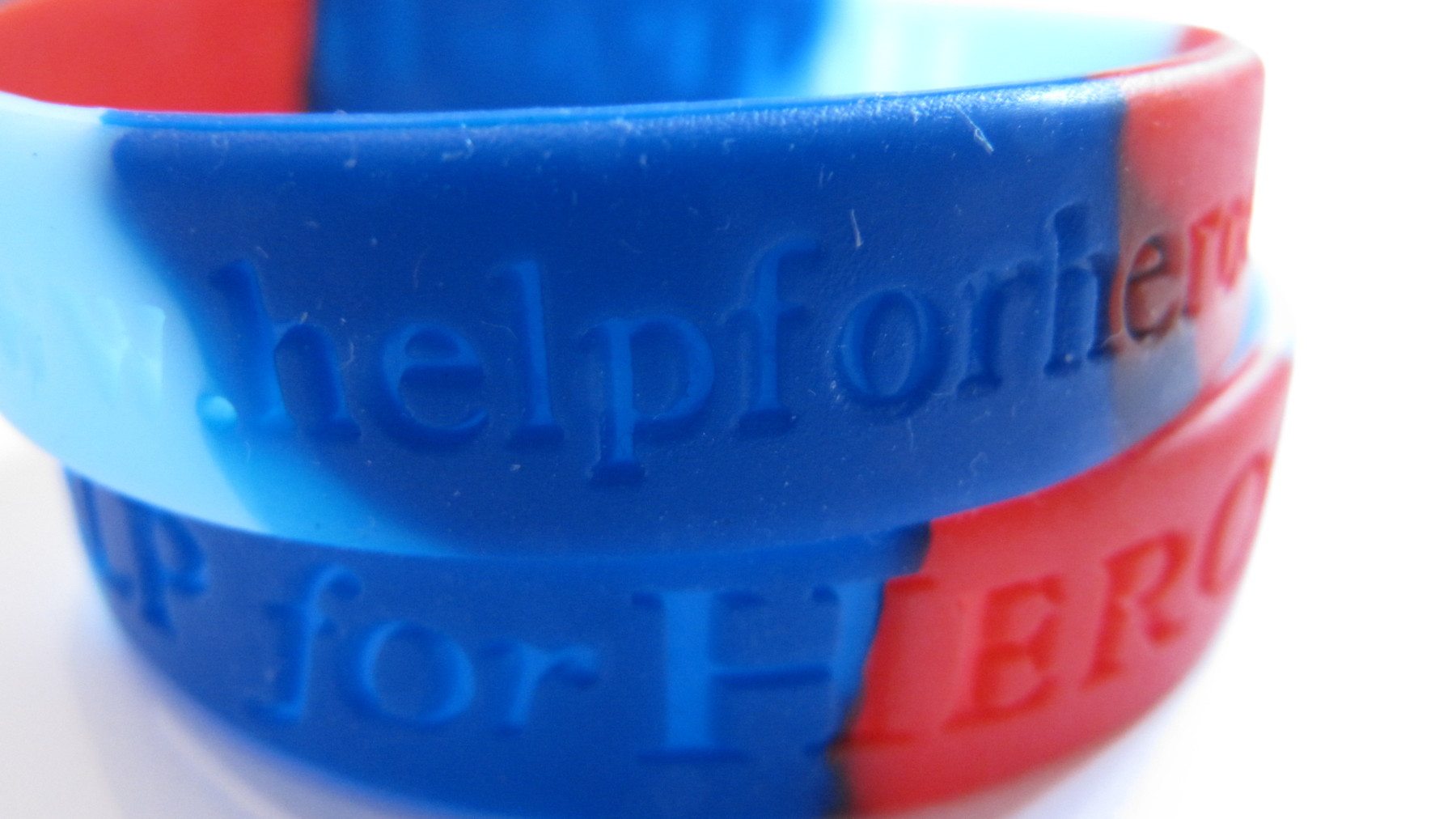Image is everything
Image, seems to me, more important than integrity in the current climate. The multitude of messiah-like individuals with a mission to change the world means that a just cause is no longer ‘enough’ to warrant interest.
Messages need to be marketable to get off the ground–the content of what you’re trying to say, whether it’s “buy my brand” or “save Syrian soldiers” – needs to be assisted, if not propped up, by a catchy slogan and a pretty face to be taken seriously.
Political parties seem pretty intune with this: the Conservative Party have long been trying to get rid of their image as “the nasty party”, and politicians seem to be getting younger, prettier, slicker (and arguably making the public sicker) by the day.
A dead-end slogan will reach only the people you manage to make awkward eye-contact with at the Societies Fair.
Even Warwick SU politicians got on board with the idea: “Stick with Nick” was written on flyers around the university all of term 2. This makes voters, or at least some voters, sit up and listen when they talk and remember their face as well as their name.
Some charities also seem to be catching on: Help for Heroes have managed to market themselves more successfully than, say, Blind Veterans UK by making their name alliterate and their mascot a bear with a broken bone. This allows them to not only capture attention but offer them the opportunity to retain it: you are turned onto them by their name, allowing them to deliver their message.
Indeed, the main group of messengers who seem to be missing the importance of marketability is political causes. Particularly, in-university petitioners – some external groups such as Surfers against Sewage have made themselves marketable, for example – are clueless to this cause. They use arguments such as this: “sexualizing/trivializing ourselves would dampen our message”.
This may be true, but particularly in a university environment, the number of people your message reaching is also important to consider. A dead-end slogan will reach only the people you manage to make awkward eye-contact with at the Societies Fair. A pop-out personalized image will be a talking point, causing a butterfly effect and reaching many, many more.
My question is this: is your un-altered identity of message worth a stunted audience? You’ll likely find more people believe in your cause than you know: you just have to find a way to reach them, and the easiest way to do that may be an alteration of brand.
I’m not debating whether image being worth more than integrity is a good or bad thing, I’m merely stating that it is, and that political people of the university might gain from adapting to that.
[divider]
Header image courtesy of: Flickr/ HowardLake

Comments